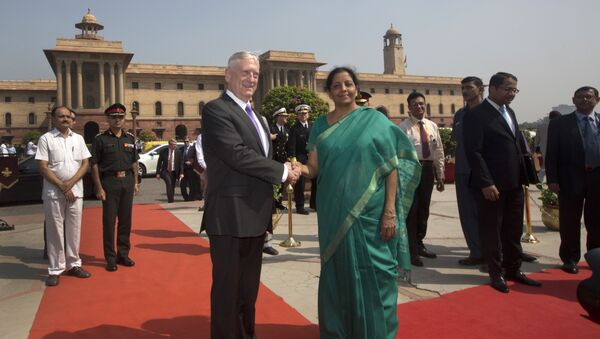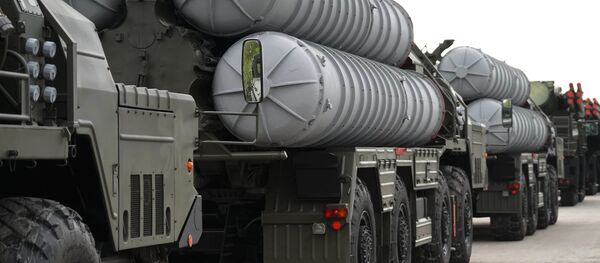"We have told the US Congress delegation [that visited India] that this is US law and not a UN law," Sitharaman said, as quoted by The Tribune, adding that the law does not apply to India.
On June 5, Nirmala Sitharaman said that New Delhi and Moscow had reached the final stage in negotiations on the delivery of S-400s.
Meanwhile, Chairman of the US House Armed Services Committee William Thornberry said in an interview with NDTV that India's decision to purchase the missile system from Russia could cost New Delhi access to sophisticated US military equipment, including Predator drones for surveillance and reconnaissance missions, which could be used in operations against terrorists in Pakistan.
READ MORE: India Reportedly Approves Supplies of Russian S-400 Despite US Discontent
The sanctions target senior government officials and lawmakers, as well as state-owned and private companies, including Russian military equipment exporter Rosoboronexport. Any third party that carries out major transactions with the sanctioned companies is liable to punitive measures under the act.
The Indian Defense Minister has also stated that the first round of US-Indian dialogue in the so-called 2+2 format between the ministers of foreign affairs and defense will be held in the first week of September.
"The 2+2 dialogue with the US is to happen in the first week of September. The agenda will be to develop and strengthen strategic defense cooperation and to follow-on with what had transpired during the meeting with Secretary of Defence Jim Mattis," Sitharaman was quoted as saying by the Indian ANI news agency.
The meeting was initially set to take place on July 6, however, Washington postponed it, citing some "unavoidable reasons."
READ MORE: Asia Responds to Trump's Trade War by Forming the World's Largest Economic Bloc
The 2+2 format includes Secretary of State Mike Pompeo and Pentagon chief James Mattis on the US side, and Sitharaman and External Affairs Minister Sushma Swaraj on the Indian side.
The format was introduced to replace the Strategic and Commercial Dialogue format involving foreign and commerce ministers, which was in place since 2015.



